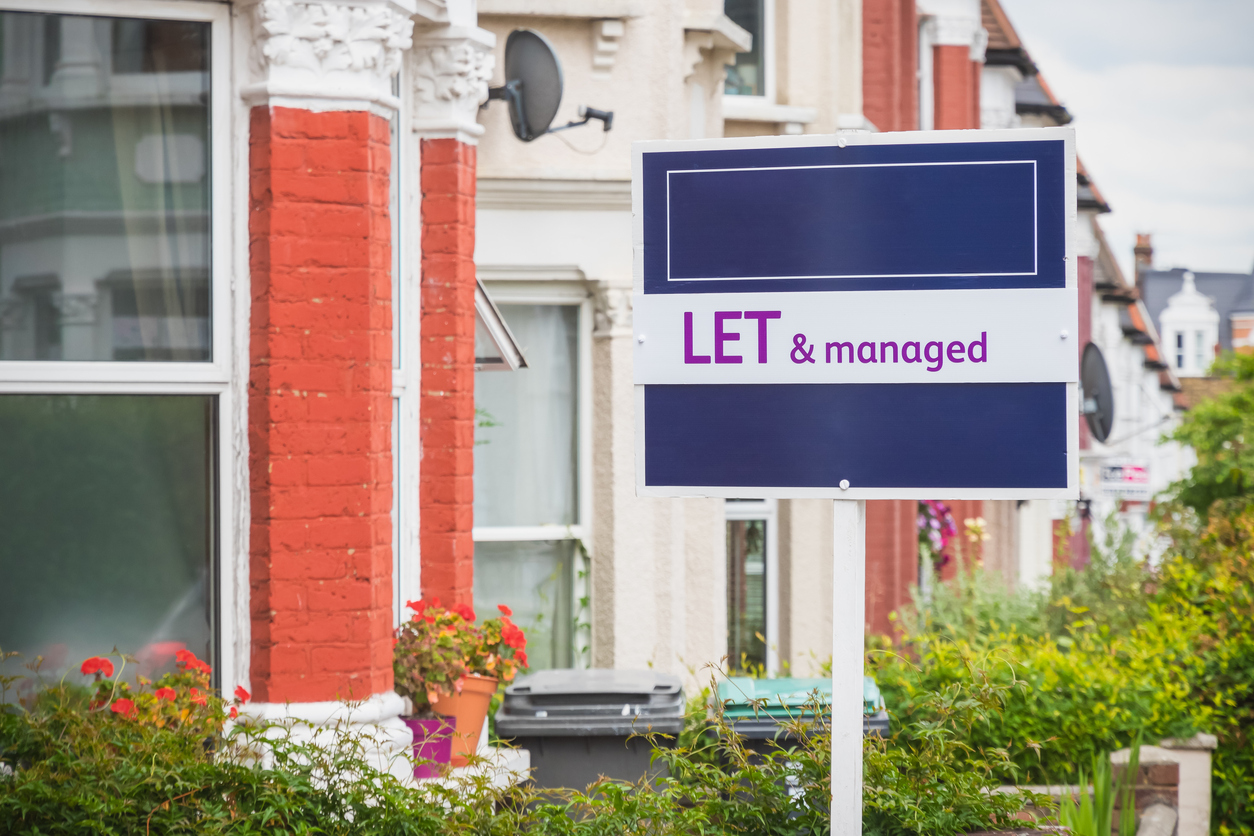If you pay 6 months' rent in advance, whether you need a guarantor will depend on the landlord’s or letting agent’s policy. While paying rent upfront can reduce the perceived risk for the landlord, it does not automatically eliminate the need for a guarantor. Here’s why:
Factors That May Influence the Decision:
-
Landlord's Risk Assessment:
- Even with 6 months’ rent paid upfront, landlords may still feel more secure having a guarantor if they have concerns about your credit history, employment stability, or previous rental references. A guarantor serves as additional security for future rent payments after the upfront period ends.
-
Tenancy Length:
- If the tenancy agreement extends beyond 6 months (e.g., a 12-month contract), landlords might require a guarantor to ensure payments are covered for the latter half of the tenancy once the upfront rent is exhausted.
-
Creditworthiness:
- If you have poor credit or no credit history, landlords may still insist on a guarantor, even with rent paid in advance, to cover potential damages or rent arrears beyond the initial payment period.
-
Immigration Status or Employment Uncertainty:
- If you're new to the country, self-employed, or have an irregular income, landlords might still prefer a guarantor to mitigate the risk, despite the upfront payment.
Negotiating With Your Landlord:
While paying a significant amount of rent upfront shows good faith and reduces the landlord's immediate financial risk, you can try negotiating with them to waive the guarantor requirement. Highlight the security of paying upfront and your intention to continue making timely payments.
Conclusion:
Paying 6 months' rent in advance may reduce the likelihood of needing a guarantor, but it does not automatically eliminate the need for one. It’s ultimately up to the landlord’s policy and risk assessment. Always communicate openly and try to negotiate terms if needed.



